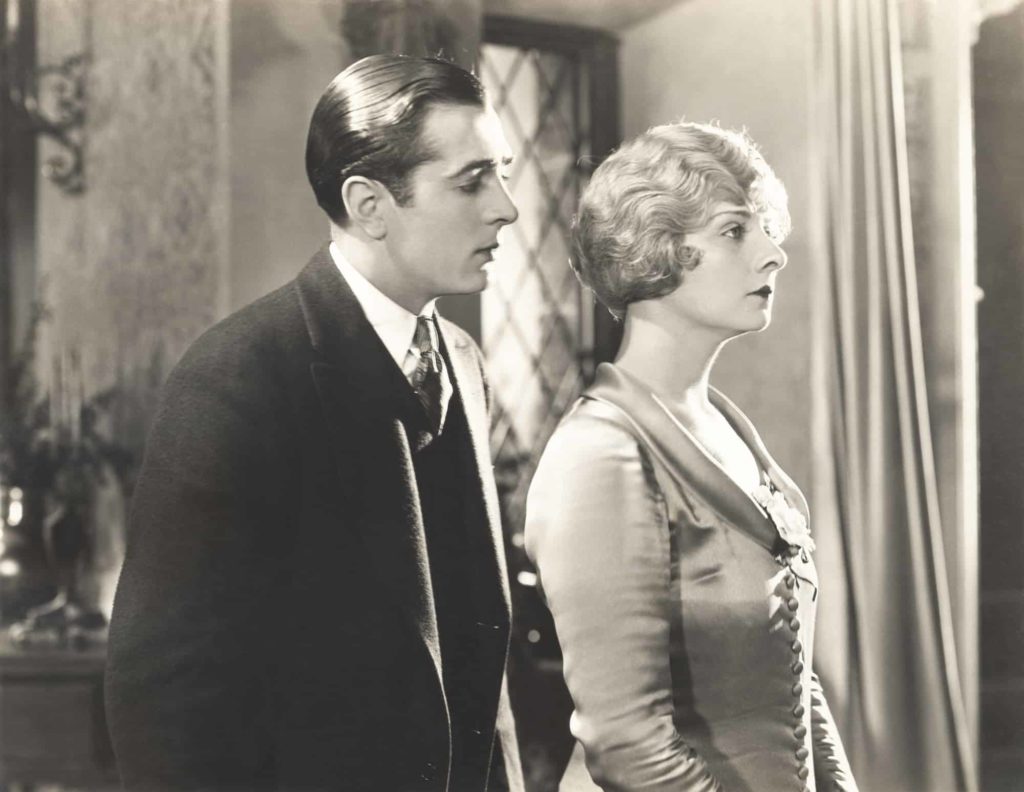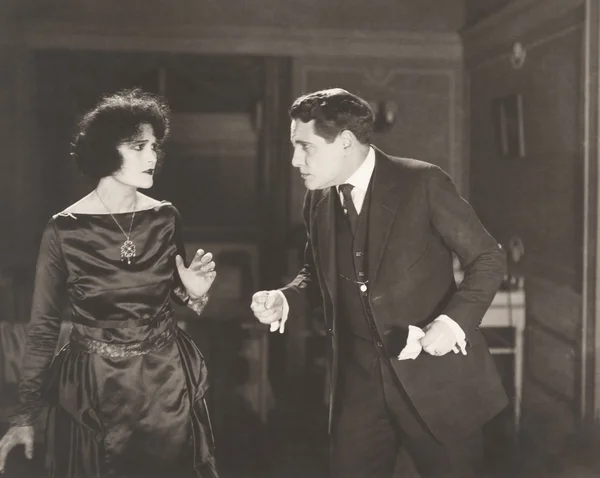
Do You Suspect Your Partner Has an Avoidant Attachment Style?
Do you find your partner unresponsive to your attempts at bonding or kindness? Do you suspect that your partner has an avoidant attachment style but aren’t sure. Here are the signs that they do, and how to deal with them.
What is an Avoidant Attachment Style?
Avoidant attachment is a complex psychological term that, as it suggests, is the avoidance of emotional closeness. People with this type of attachment style struggle with intimacy issues and often create situations that destroy their relationships, albeit unconsciously. They will also pull away from those who are close to them when they sense too much closeness.
Avoidant Attachment Style: The Types
Those who are Dismissive-Avoidant in their relationships tend to distance themselves emotionally from their partners. They brush feelings aside and devalue human connections.
Fearful-Avoidant Attachment patterns involve a balancing act. These people want to have their emotional needs met, but fear being too close. Their attachment to their partners is inconsistent and they start distancing themselves when they feel too close to the person.
Fearful-Avoidants try to rein in their feelings, but they end up feeling overwhelmed by their worries and have emotional storms. Their moods are unpredictable, which means they have relationships with lots of highs and lows.
Then there are the Anxious-Preoccupied Avoidants. A person who has this Avoidant Attachment Style is preoccupied with his or her relationships and reads too much into social interactions. The Anxious-Preoccupied Avoidant tends to choose a Dismissive Avoidant partner, which of course is volatile.
10 Signs That Your Partner Has An Avoidant Attachment Style
If your partner uses an avoidant attachment style to relate to you, you may recognize these behavioral patterns.
1. Avoidants Would Rather Have Casual Sex
Avoidants are more likely to prefer casual to intimate sex because of their desire to avoid closeness. They don’t want to be concerned about their partner’s feelings after intercourse.
2. People With Avoidant Personality Are Often Uncomfortable With Deep Feelings
Avoidants are people who don’t share their innermost feelings with their significant other. They value emotional independence, and they want to maintain a sense of separateness. They also fear that if they become closer to their partners, they will lose some of that separateness.
3. Avoidants Draw Distinct Boundaries
One way to identify if someone is an Avoidant is to observe how they behave in their relationships. For example, they may always want to sleep in separate rooms or might withhold important information from their partner.
4. Avoidants Are Not Very Comfortable With Intimate Situations
Some avoidants like to spend time with their partner as friends and confidants, but will pull away at any sign of closeness. They may also have a hard time being committed, preferring to keep relationships light and non-committal.
5. Avoidants Often Idealize Other Relationships
Avoidants are people who dwell on past relationships to give themselves excuses not to deal with current ones. They may also fantasize about perfect relationships so that they’ll have reasons to feel that their present partners aren’t right for them.
6. Avoidants Have a Pattern of Disregarding Others’ Feelings
When an avoidant falls in love they treat their partner like a business partner, because they feel responsible for the well-being of their significant other. They seldom share feelings and tend to be critical of their partner’s emotions.
7. Avoidants Are Ultra Independent
As a result, avoidant partners cherish their independence. They are firmly self-reliant and condescend to those who need others. Conversely, secure partners realize the need for both freedom and partnership.
8. Avoidants Want a Partner But Not Their Presence
Avoidants need love just like anyone else. They will miss their partners when they are not around and once their partners return, they feel trapped and want more space again.
9. Avoidants Will Send Mixed Signals
Furthermore, Avoidants tend to send mixed messages to their partners and leave them feeling confused and frustrated. They might want to move in one day, but ignore them the next.
10. Avoidant People Are Non-Committal
Avoidant people need their space and see marriage as a huge infringement on it. They simply can’t wrap their brains around the idea of commitment.
Effects of an Avoidant Attachment Style
An Avoidant attachment style of relationship has subtle but harmful effects. Fearful Avoidants will struggle to remain close to their partners, obsessing over the idea that they are not loved. This puts a strain on their romantic relationships.
Anxious-Preoccupied Avoidants are always on the lookout for signs of rejection. They avoid intimacy with their partners, but when they are rejected they will say “I knew it! You don’t love me!” This cycle ends up being self-fulfilling prophecy, and is what destroys the relationship.
Dismissive Avoidants often have trouble expressing their feelings and therefore seek vulnerable, open partners to fill the gap. However, they can’t reciprocate their partners’ openness because of their inability to be vulnerable. Consequently, their relationships tend to suffer.
It’s no secret that people who are avoidant in relationships are prone to cheating. This is often because they want their independence and personal space.
Relating to a Partner Who Has an Avoidant Attachment Style
It’s not impossible to stay connected with your avoidant partner! Here are some tips for staying close.
First of all, avoidants often have bad relationships because they’re afraid to trust. Don’t pressure your partner into talking about their feelings. Trust them to know when and what to share.
Demonstrate that you are dependable to your Avoidant partner by doing things in small, manageable steps. These small successes will make it easier for your partner to trust you with more important information.
Don’t take it personally if your partner needs space. For most of us, we need to know what’s on our partners’ minds. Avoidants, however, will only share this information when they are ready. They will withdraw when pushed.
If your partner has an avoidant attachment style, don’t despair. You can stay close to them if you put in the effort into your relationship.



